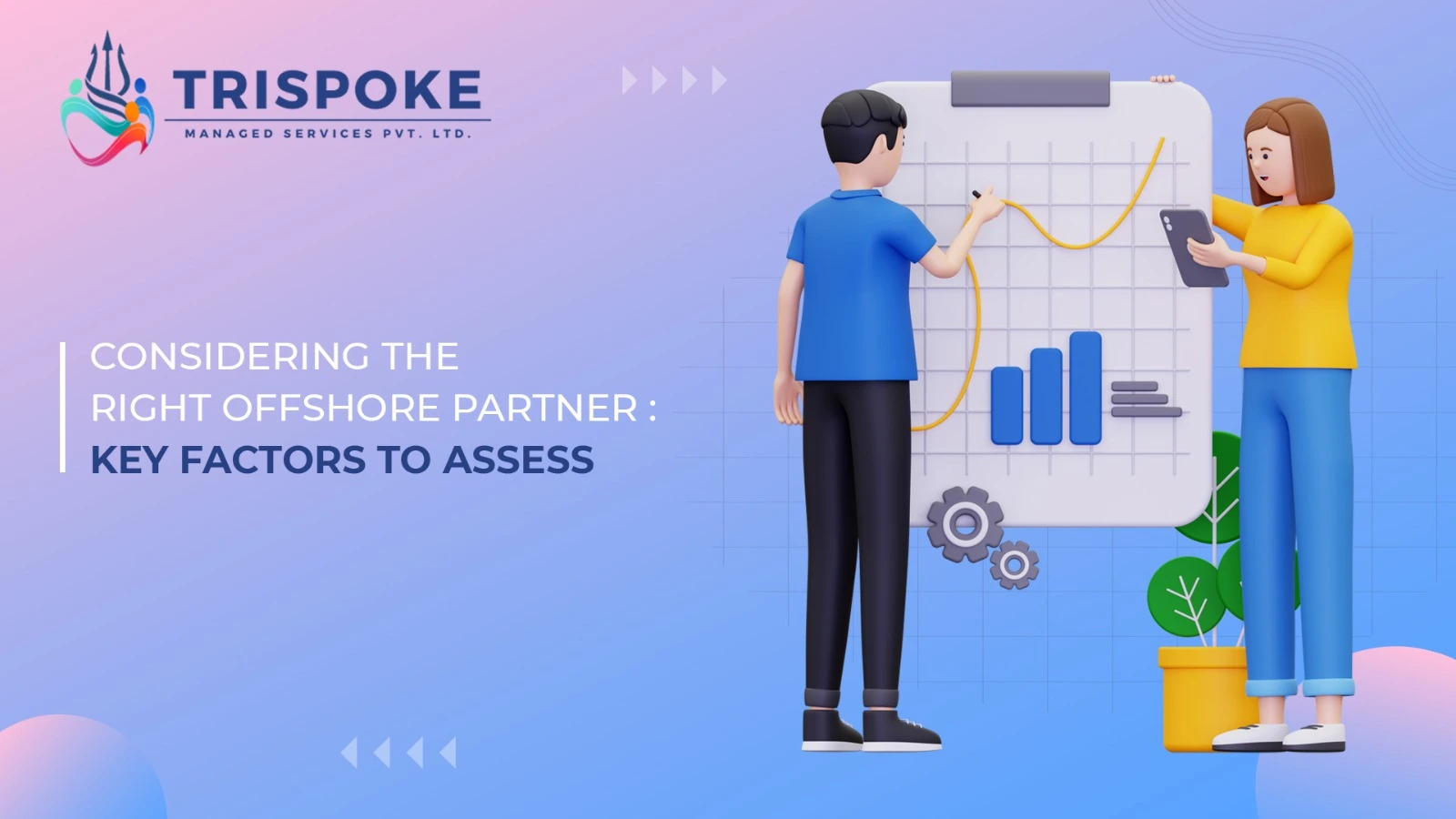In this fast-paced business environment, choosing the right offshore partner is a pivotal decision that can shape a company’s operations and growth. With the right partner, businesses can access cost-effective talent, specialized skills, and streamlined processes. However, finding a partner that aligns with your business needs requires careful evaluation. Here are key factors to consider when choosing an offshore partner:
Expertise and Experience in Your Industry
A reliable offshore partner should have a recognized history in your industry. Assess their experience and specialized knowledge to ensure they understand your business requirements, compliance needs, and standards. A partner with relevant expertise can deliver higher quality services and quickly adapt to your operational model.
Quality of Talent and Skill Sets
Your offshore partner should offer access to a diverse talent pool with the necessary skills to meet your objectives. Whether you need IT developers, customer support, or back-office professionals, evaluate their hiring practices, training programs, and retention rates. This ensures you’ll receive skilled professionals who can drive your projects forward.
Communication and Collaboration
Clear, effective communication is essential for a successful partnership. Assess the offshore partner’s communication practices, including language proficiency, frequency of updates, and availability in your time zone. Partners who use reliable collaboration tools and establish dedicated points of contact can help minimize misunderstandings and maintain productivity.
Data Security and Compliance
Data security is critical, especially when working with sensitive information. Verify the partner’s compliance with data protection standards (e.g., GDPR, ISO certifications) and their security protocols. A reputable offshore partner will prioritize data security and have measures in place to protect your information, such as encryption, secure access controls, and regular audits.
Cultural Alignment and Flexibility
Working across cultures requires a level of adaptability. Choose a partner with a strong cultural fit who values your company’s ethics, work standards, and approach to business. Flexibility is also crucial; the right partner should be open to adjusting processes, timelines, and workflows to meet your specific needs.
Scalability and Agility
A scalable offshore partner can grow with your business, offering the flexibility to adjust resources as your needs evolve. Consider partners with staffing models that allow you to easily add or reduce team members based on demand, ensuring a seamless response to market changes.
Conclusion
Choosing the right offshore partner involves more than cost considerations; it requires alignment in expertise, communication, security, and cultural fit. By carefully evaluating these factors, businesses can build a successful partnership that supports long-term goals, operational efficiency, and sustainable growth.

